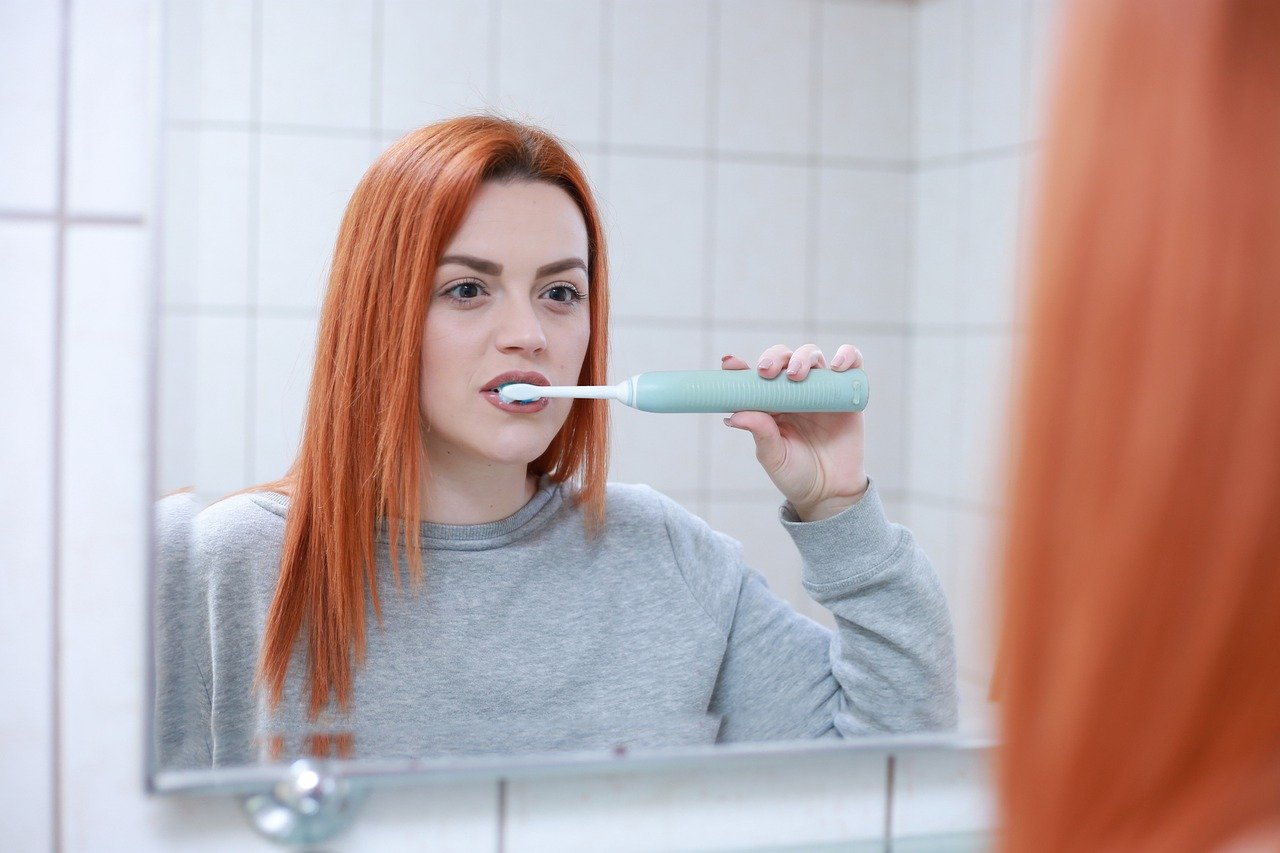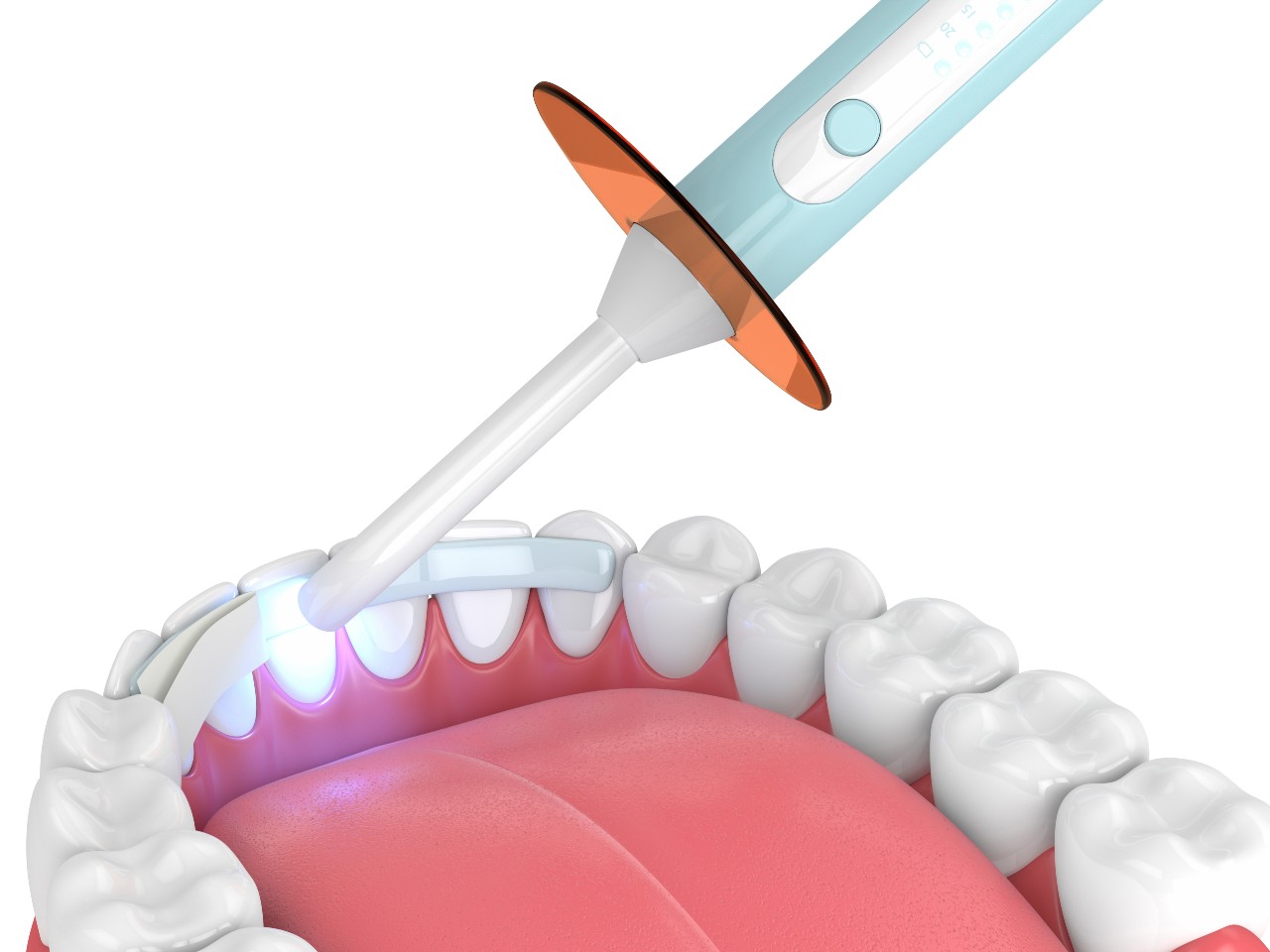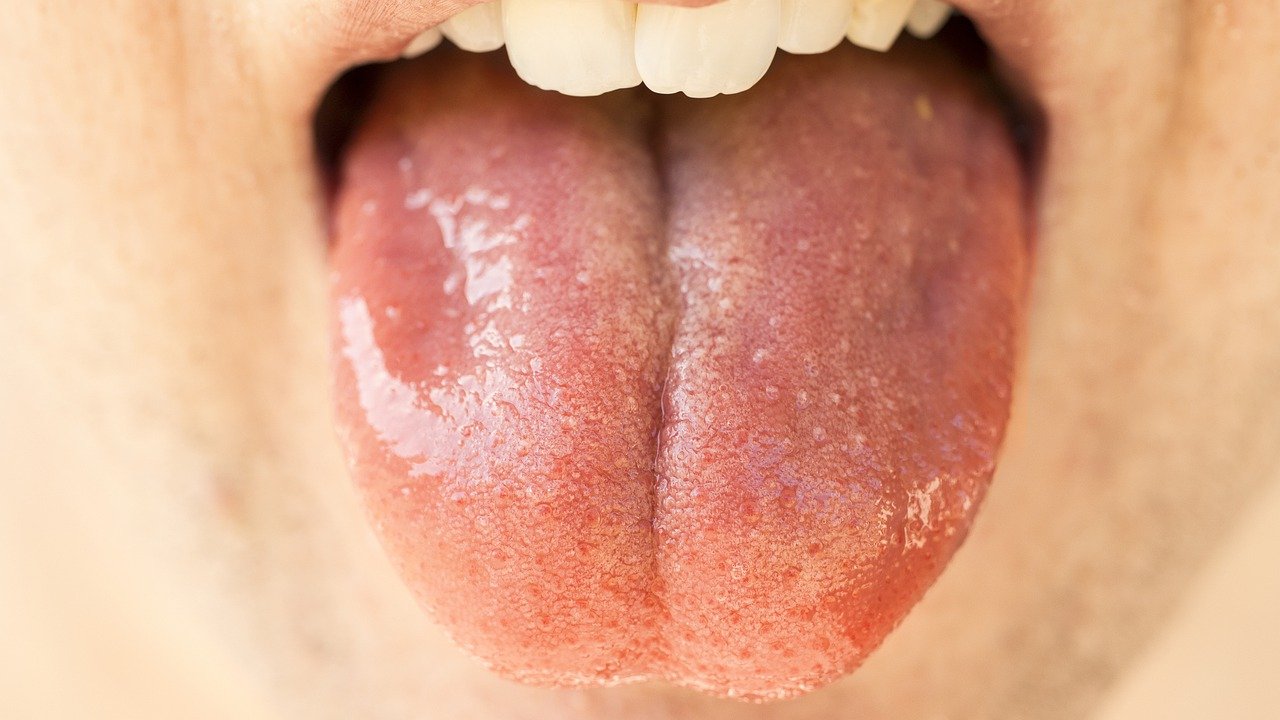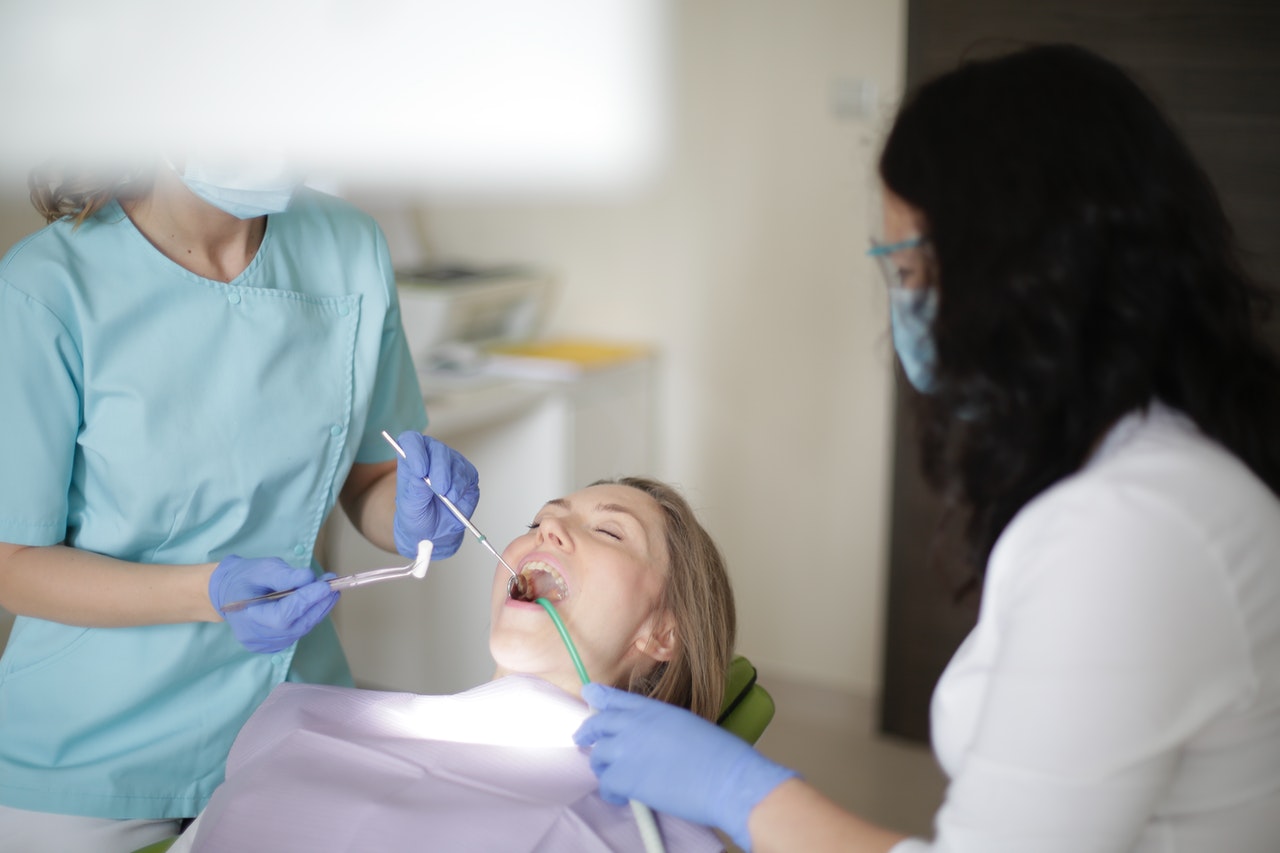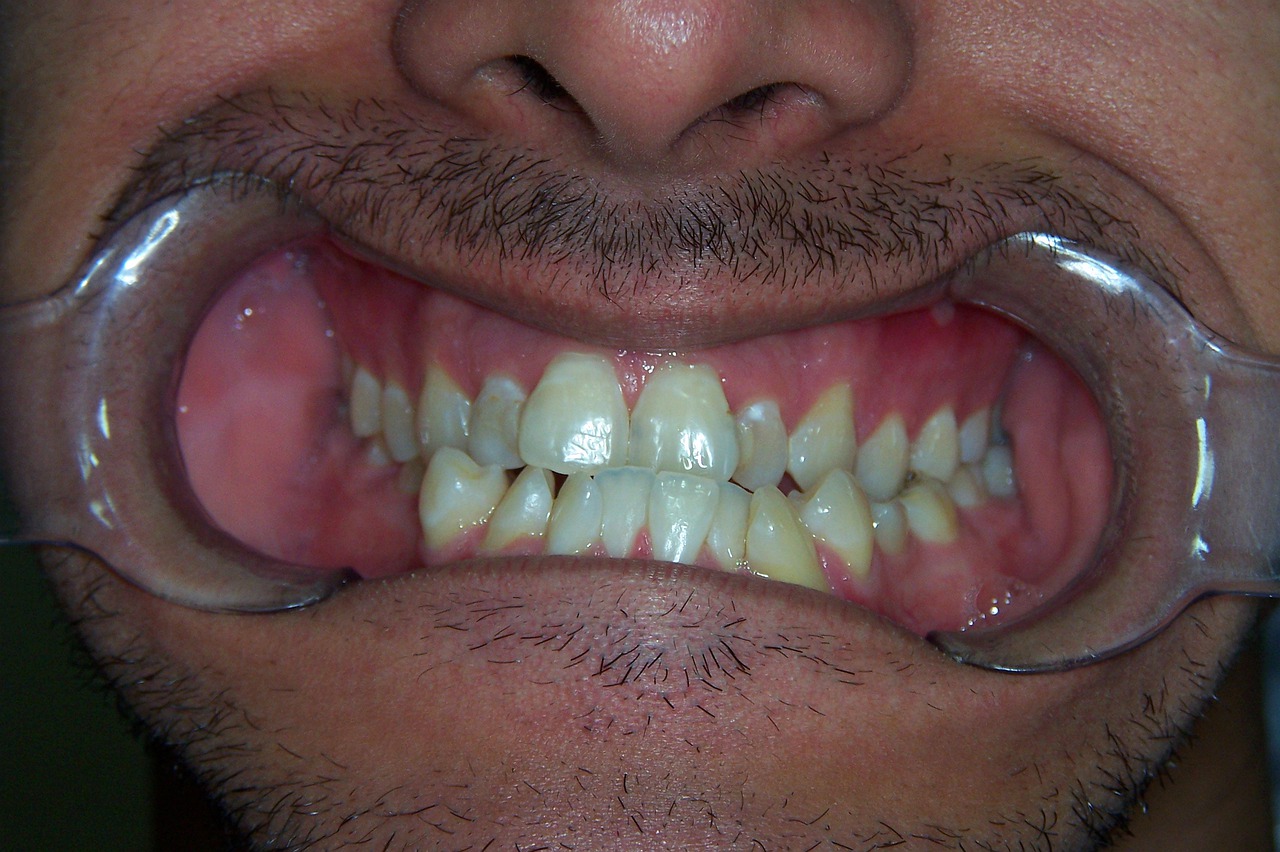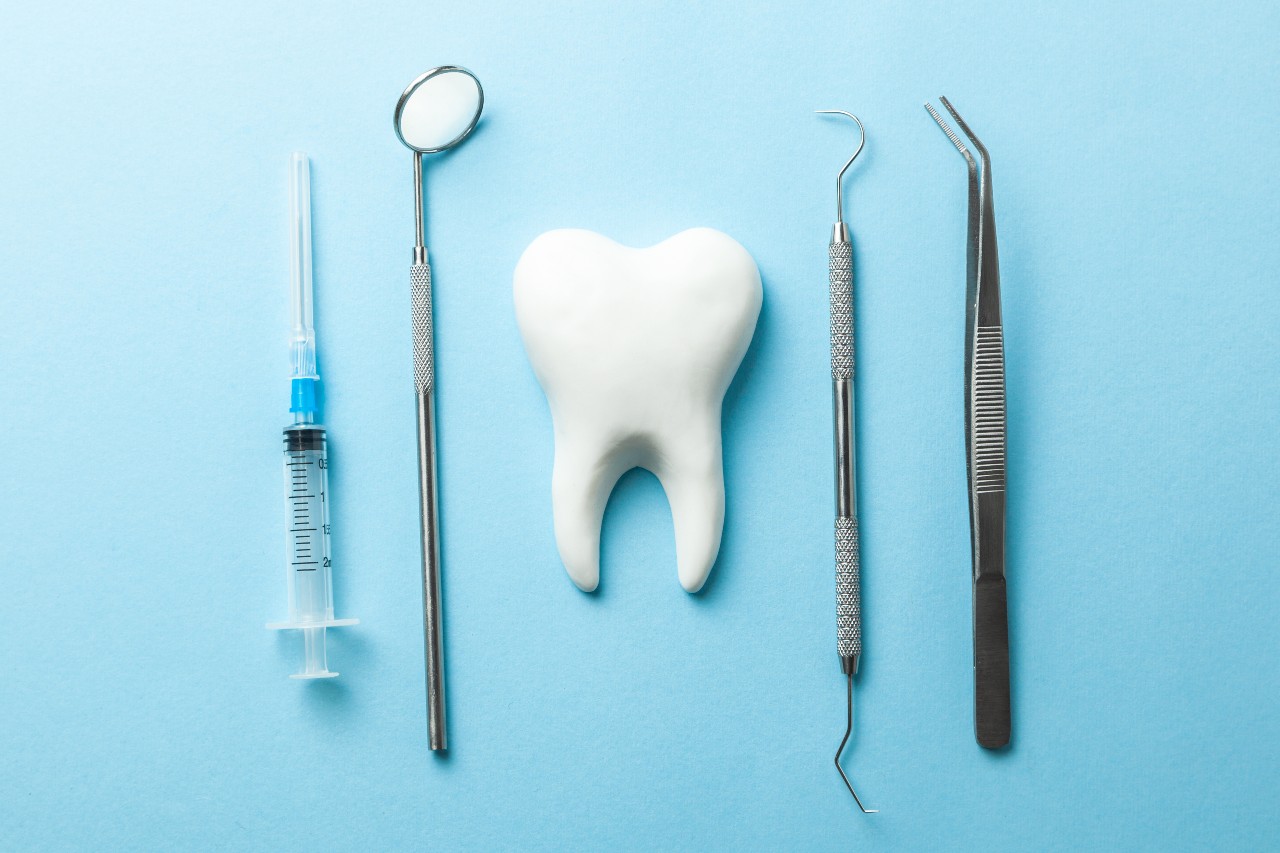If you have teeth that are decayed, injured, or missing you may require a dental restoration. Common types of dental restorations include crowns, fillings, implants, dentures, and bridges. Never hesitate to call the dentist if you have an issue with your tooth. In many cases our team can save your tooth with a restoration before the tooth damage progresses. It is always important to address any issues with your teeth promptly, or more serious complications may develop.
What Are Dental Restorations?
Dental restorations are various ways your dentist can help restore your teeth. If you are missing parts of your tooth, have an injury, or decay, restorations can help restore your tooth and prevent further damage. If you have a portion of your tooth missing due to decay, or have an old restoration that is in need of replacement, dental restorations can help fix these issues.
Following a good oral hygiene routine at home can help keep your teeth and mouth healthy and prevent decay. We recommend attending your regular exams twice a year to ensure your teeth and mouth look healthy. During your regular visits our doctor will check for cavities, and make sure we don’t see any serious issues.
What Are the Different Types of Dental Restorations?
- Fillings: Fillings are the most common type of dental restoration and can help save teeth from decay. There are many filling types from tooth colored composite fillings, to silver amalgam, and composite fillings. Depending on the size of the cavity and location, will determine what type of filling material is used.
- Crowns: Crowns are a cap that is placed over a tooth. Crowns restore the shape and size of a tooth, and are matched to blend in with your natural teeth. Crown are used with dental implants, or after a root canal to restore the functionality of a tooth.
- Bridges: Bridges are false teeth and help to bridge the gap for missing teeth. Bridges are used along side crowns, and cement is used to permanently secure the bridge into place.
- Dental Implants: Dental Implants are similar to a screw that is placed into the jaw. Implants are posts that are made of titanium and attached to a connector or abutment. The implant is then covered with a crown. Implants are permanent and are highly durable, lasting upwards of 15 years.
- Dentures: Dentures are made of acrylic resin combined with metal and are a removable replacement for missing teeth. If you still have some of your natural teeth, partial dentures can be used to help bridge the gap and give a natural look.
What Are the Benefits of Dental Restorations?
Dental restorations provide many benefits and help restore your smile. If you are missing teeth or have decay, and are looking to get that perfect smile back, contact Dental Square to help. Dental restorations can help you speak and eat easier, and give you a smile that restores your confidence.
Interested in Finding Out More About Dental Restorations?
If you are interested in finding out more about dental restorations contact Dental Square. Our doctors have years of experience in dental restorations, and love to help patients get the smile of their dreams. Your oral health is important to us, and we make our patients a priority, and always have your best interests in mind. Let our team get you on the road to a great smile!
To schedule your appointment with us contact Dental Square, and our friendly staff will be happy to assist you.
